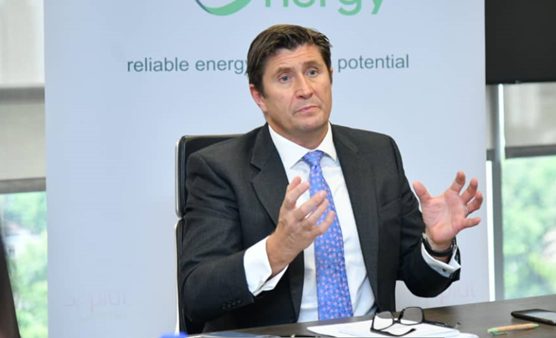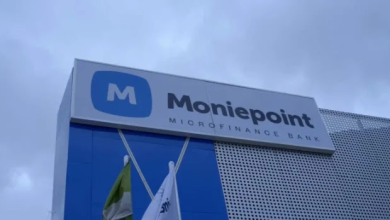Seplat Powers Ahead: Redefining Nigeria’s Energy Future with Innovation and Impact
Seplat Energy has unveiled an ambitious vision to lead Nigeria’s energy transformation following its landmark acquisition of Mobil Producing Nigeria Unlimited (MPNU).
Now operating 11 oil and gas blocks and boosting output to over 120,000 barrels daily, Seplat plans to power national growth with innovation, gas development, and sustainability.
Seplat Energy has unveiled a transformative vision for Nigeria’s energy sector, emphasizing innovation, integration, and a strong commitment to national growth following its groundbreaking acquisition of Mobil Producing Nigeria Unlimited (MPNU) assets. Describing the acquisition as a monumental milestone, CEO Roger Brown stated, “We are delighted to have completed the MPNU acquisition. It’s a true game-changer for Seplat Energy. The scale of this transaction is simply monumental.”
This acquisition significantly expands Seplat’s operational reach to cover 11 oil and gas blocks, seven onshore and four shallow-water offshore, effectively doubling its reserves and enhancing operational autonomy through Seplat Energy Producing Nigeria Unlimited (SEPNU).

This strategic expansion positions Seplat Energy at the forefront of Nigeria’s journey towards energy independence, elevating production from approximately 50,000 barrels per day to over 120,000 barrels per day. “We now control operations seamlessly from the wellhead to export terminals, both onshore and offshore,” Brown highlighted. Additionally, Seplat’s workforce has grown significantly, now employing about 1,500 professionals, predominantly Nigerians, reinforcing the company’s commitment to local job creation and economic empowerment.
Brown emphasized that gas remains central to Seplat’s strategy due to Nigeria’s urgent need for reliable and affordable energy. The offshore gas reserves acquired are particularly promising, estimated to be three times greater than currently reported volumes. These reserves are intended for domestic power generation, industrial activities such as fertilizer and petrochemical production, and new LNG ventures.
By the end of this year, Seplat will operate three strategically located gas processing plants that will serve major urban centers like Lagos and Abuja, significantly reducing electricity costs and reliance on expensive diesel generators.
Looking ahead, Brown underscored Seplat’s forward-thinking approach, including aspirations in renewable energy and modular gas-to-power solutions aimed at rural electrification. “We envision modular solutions that can bridge the electricity gap in remote communities, ensuring inclusive energy access,” he explained. Technology is pivotal to Seplat’s operational excellence and sustainability goals. The company is leveraging artificial intelligence for infrastructure maintenance, predictive maintenance practices, advanced drilling technologies, seismic data analytics, and real-time digital twins to aggressively work towards eliminating gas flaring ahead of Nigeria’s 2030 target.
“We are committed to achieving zero flaring in our onshore operations this year and developing a similar roadmap for offshore assets,” Brown stated. Investment in human capital is also a cornerstone of Seplat’s strategy. Recently, 50 new graduates joined the company from a competitive pool of over 10,000 applicants. Collaborative initiatives with universities aim to develop industry-aligned curricula and support STEAM education, underscoring Seplat’s dedication to nurturing Nigerian talent. “The potential among Nigerian youth is immense; our goal is to cultivate this talent pool to benefit the country’s future,” said Brown. Governance and transparency are the bedrock of Seplat’s operations, which are critical for attracting international investment.
Brown highlighted the rigorous transparency standards followed during the MPNU acquisition process, aligning with President Bola Tinubu’s call for increased foreign direct investments. Furthermore, the appointment of Seplat’s board members to NNPCL’s board signals institutional strengthening and fosters global confidence in Nigeria’s energy reforms. Seplat’s comprehensive community engagement strategy encompasses education scholarships, healthcare programs, economic empowerment initiatives, and prioritizing local businesses in procurement.
Environmental stewardship, including biodiversity and conservation projects, complements these initiatives, solidifying Seplat’s role as a responsible corporate citizen. Ultimately, Seplat Energy’s integrated approach, blending innovation, operational excellence, and a deep-rooted commitment, positions the company to not only participate in but actively lead Nigeria’s energy transformation. “Nigeria is open for business, and Seplat is demonstrating what is possible through strategic vision, leadership, and unwavering integrity,” Brown concluded.



